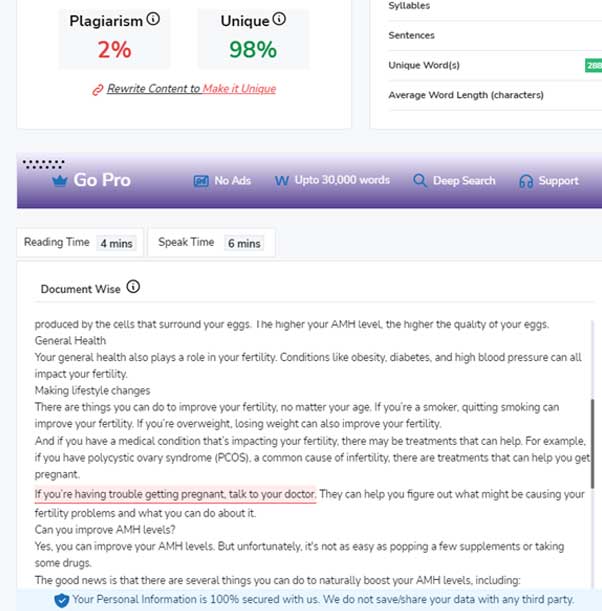
When you think about trying to conceive, your age is probably one of the first things that come to mind. And it’s true that age is a major factor in fertility. But it’s not the only factor. Your age, combined with the age of your eggs, as well as your general health, all play a role in your fertility.
Your age is the most important factor in your fertility. As you age, your eggs age with you.
In your early to mid-20s, you have about a 20% chance of getting pregnant each month.
By age 30, your chance of getting pregnant each month starts to decline.
Your chance of becoming pregnant each month by the age of 35 is only slightly higher than it was in your twenties.
Furthermore, your chance of becoming pregnant each month by the age of 40 is only about 5%.
In addition to your age, the quality of your eggs also plays a role in your fertility. As you age, the quality of your eggs declines. This is why your chance of getting pregnant declines as you age.
The quality of your eggs is measured by something called the anti-Müllerian hormone (AMH). AMH is a hormone produced by the cells that surround your eggs. The higher your AMH level, the higher the quality of your eggs.
Your general health also plays a role in your fertility. Conditions like obesity, diabetes, and high blood pressure can all impact your fertility.
There are things you can do to improve your fertility, no matter your age. If you’re a smoker, quitting smoking can improve your fertility. If you’re overweight, losing weight can also improve your fertility.
And if you have a medical condition that’s impacting your fertility, there may be treatments that can help. For example, if you have polycystic ovary syndrome (PCOS), a common cause of infertility, there are treatments that can help you get pregnant.
If you’re having trouble getting pregnant, talk to your doctor. They can help you figure out what might be causing your fertility problems and what you can do about it.
Yes, you can improve your AMH levels. But unfortunately, it’s not as easy as popping a few supplements or taking some drugs.
The good news is that there are several things you can do to naturally boost your AMH levels, including:
VAC has been shown to increase AMH levels by up to 88% in clinical studies, and it’s been used for hundreds of years to enhance fertility in both men and women.
VAC works by helping the pituitary gland produce more luteinizing hormone (LH), which is then released into the bloodstream and travels onto the testicles where it signals them to produce testosterone.
There are many factors that play a role in whether or not you’ll get pregnant, and AMH is just one of them. But before you try to conceive, it’s important to work with your doctor to find the right treatment plan for you based on all of your individual factors and preferences.
